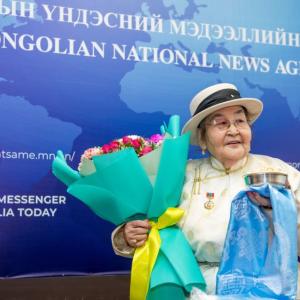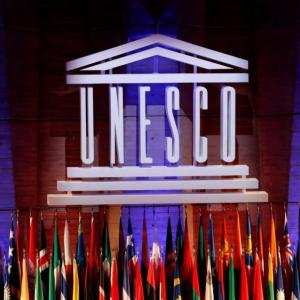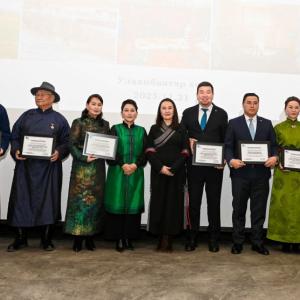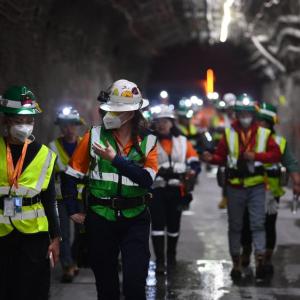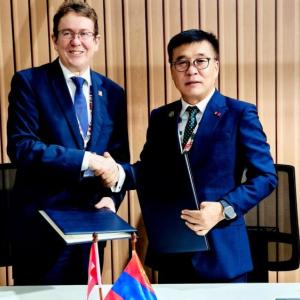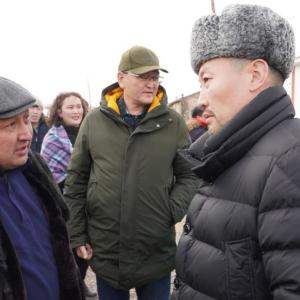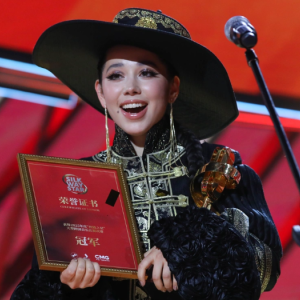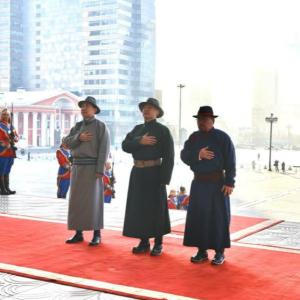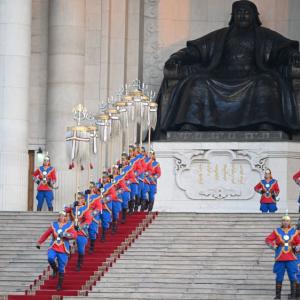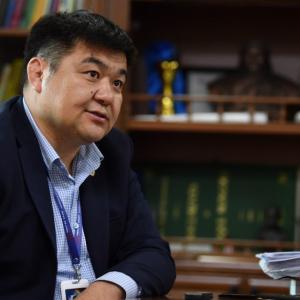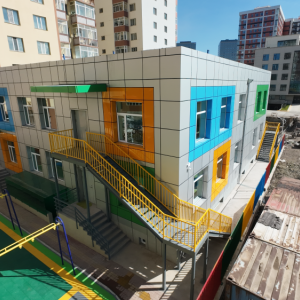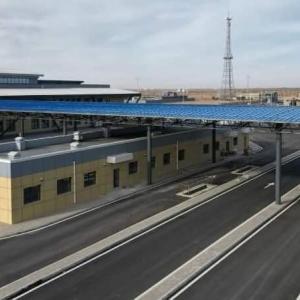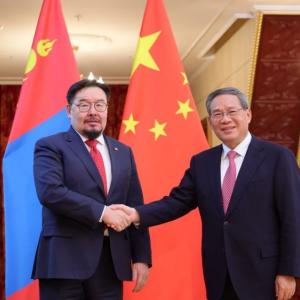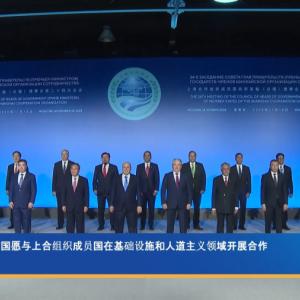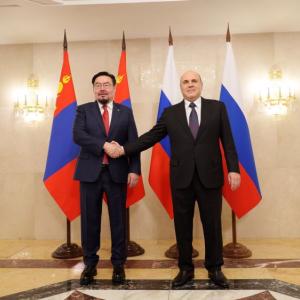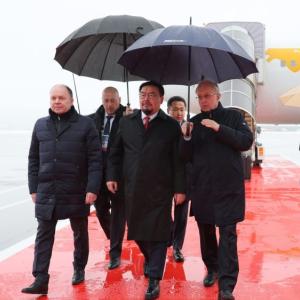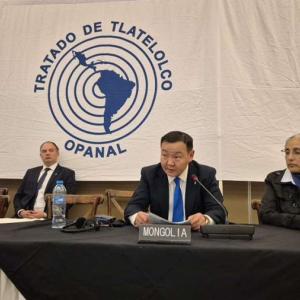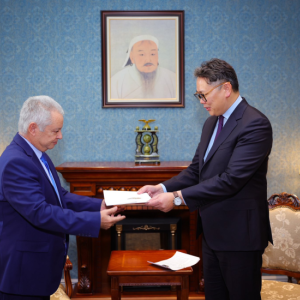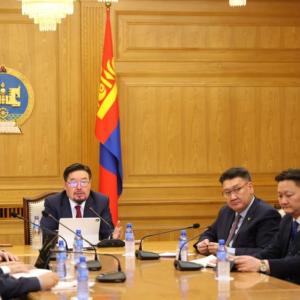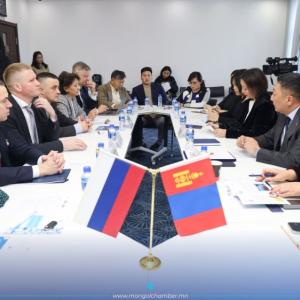Canada-Mongolia MERIT Project to Be Implemented in Mongolia from 2025 to 2030
Society
Ulaanbaatar, May 6, 2025 /MONTSAME/. The Launching Ceremony of the “Canada-Mongolia MERIT Project”, funded by Global Affairs Canada, was successfully held at the Tuushin Hotel in Ulaanbaatar City on May 5, 2025.
The Canada–Mongolia MERIT Project, implemented by Catalyste+, outlines a series of specific and practical actions aimed at strengthening the Government’s capacity to ensure a merit-based civil service, with a strong emphasis on inclusion, human rights, and ethics. These actions build upon the achievements of the first MERIT Project — an eight-year governance initiative (2016–2024) — as well as the UNDP’s “Towards a Professional and Citizen-Centered Civil Service” Project (2018–2023). The Project will work closely with government agencies, governors’ offices, and relevant organizations to implement best practices, methodologies, and systems tailored to the needs of the Mongolian people.

Country Director of the MERIT Project Jennifer Adams noted, "We worked in Mongolia from 2016 to 2024, implementing the first phase of the MERIT project, which focused on governance related to responsible mining practices. The second phase of the MERIT project is now underway, with a focus on civil service reform and supporting key institutions, namely, the Civil Service Council, the Cabinet Secretariat, the Human Rights Commission, the National Committee on Gender Equality, and the National Academy of Governance, in the implementation and enforcement of the Law on Civil Service and the Law on Ethics."
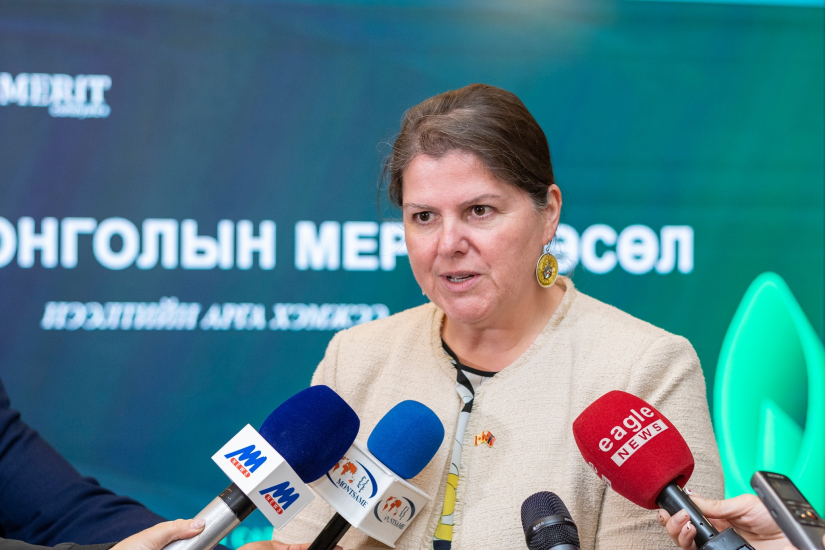
Ambassador Extraordinary and Plenipotentiary of Canada to Mongolia Sandra Choufani: “This project builds on several initiatives we have funded over the years that focus on civil service reform — not just the previous MERIT project, which approached the issue from a natural resource governance perspective. We have also collaborated with UNDP for many years to support the professionalization of the civil service, with efforts directed at training, capacity building, and promoting a more results-based approach. Through this project, we aim to build on that foundation and continue advancing the goal of a more effective, gender-equal, and results-oriented civil service, ultimately strengthening the overall capacity of Mongolia’s public administration.”
The Project leverages the expertise of Canadian technical advisers, MERIT staff, local consultants, and champions within the civil service at the central and local levels.
The Project will apply its proven technical assistance model of practical training, mentoring, and coaching to build the knowledge and skills of civil servants to advance civil service reform and to promote citizens’ awareness and participation in democratic processes.
Project partners include the Mongolian Civil Service Council, the Cabinet Secretariat of the Government of Mongolia, the Governors’ Offices of four aimags, the National Human Rights Commission of Mongolia, the National Committee on Gender Equality, and the National Academy of Governance of Mongolia.
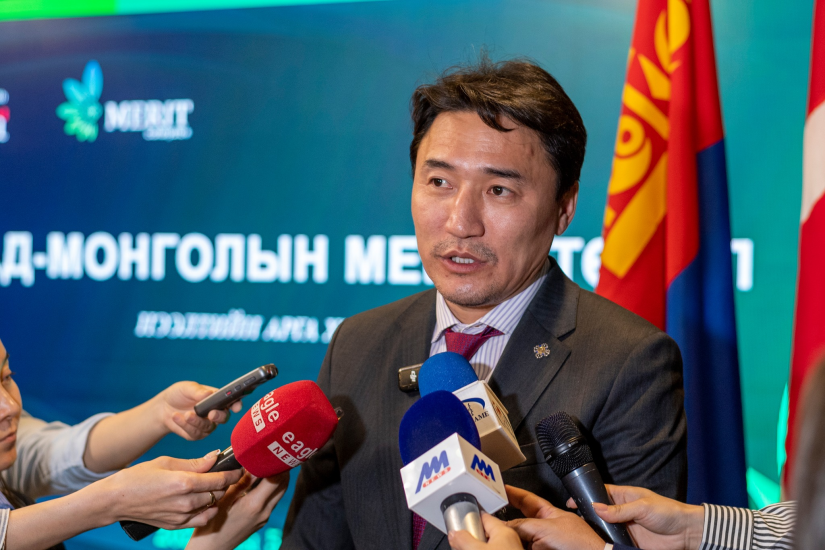
Member of State Great Khural of Mongolia and
Chairman of Mongolia-Canada Parliamentery Group Damdinnyam Gongor noted, "Canada is one of the leading countries in the world when it comes to a civil service that upholds human rights, communicates effectively with society, and is gender-sensitive. I am grateful that Canada is sharing expertise with our country through the MERIT project. This is noteworthy because it contributes to the regional development of Mongolia. For instance, the Project will provide training and capacity building for civil servants in Darkhan-Uul aimag from the Central Region, Uvs aimag from the Western Region, Dundgobi aimag from the Gobi Region, and Sukhbaatar aimag from the Eastern Region.”
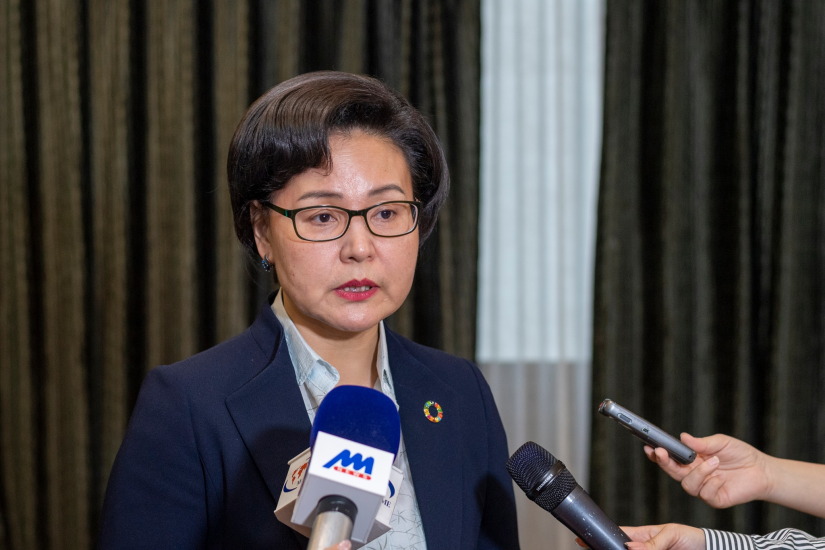
Surenchimeg Dulamsuren, Director of the National Academy of Governance of Mongolia, emphasized, “I believe the previous 8-year MERIT project stood out from other initiatives aimed at improving the knowledge and skills of public servants. Initially, the Project was implemented in four aimags, but its subsequent actions, building on the results of the first MERIT, were seen as being localized among civil servants at all levels. The most significant aspect of the Project, and perhaps the most unique, was that throughout its implementation, public servants could witness the improvement in their knowledge and skills, see a shift in their attitudes toward their work, and become more motivated to advance in their roles.”
 Ulaanbaatar
Ulaanbaatar





